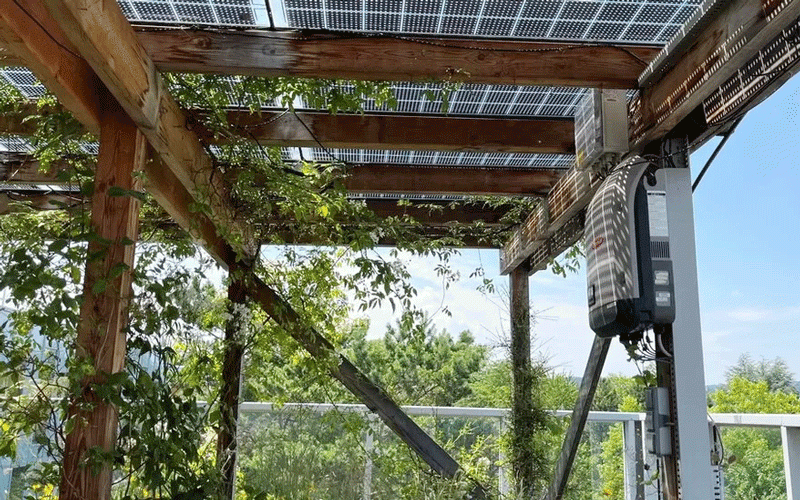
GLEN VIEW residents will be the first beneficiaries of a Presidential solar scheme set to be rolled next month as Zimbabwe moves to alleviate a power crisis.
The project is being spearheaded by a private power company, Prevail Group International (PGI), under the Zimbabwe Energy Solar Company. The project is set to reduce the current power crisis being experienced across the country.
The project will see PGI renting and installing solar panels at residential properties across the country.
As part of the deal, energy generated from the solar panels would be fed into the national grid.
The pilot project would target 600 houses during the first phase with an estimated cost US$1 million that is expected to generate three megawatts.
A PGI representative, Paul Tungwarara, said they adopted the concept from Europe and Mauritius where the renting of solar roofs saves land as a solar farm requires vast tracts of land.
“The objective of the project is to deal with load shedding once and for all. We will be renting roofs to install solar panels to generate power that will be fed straight to the national grid. This is a win for the residents, for example, we can rent a roof for US$20 per month and the house owner will use the same to buy electricity. In short, they will have power for free,” Tungwarara said.
“This concept has worked well in Europe and other countries like Mauritius. We cannot hunt for 600 hectares for a solar farm; we are doing it the smart way. In April we will have a pilot project on 600 houses in Glen View before rolling it out countrywide.”
- Garwe revels in domestic double success
- Garwe revels in domestic double success
- Cricket initiative targets disadvantaged communities
- Cricket initiative targets disadvantaged communities
Keep Reading
Zimbabwe is currently experiencing prolonged hours of load shedding due to low water levels at Kariba Dam which has resulted in reduced water allocation for power generation at the hydro plant.
Zimbabwe Energy Regulatory Authority has over the past years licensed over 100 small independent power producers (IPPs) with a capacity to produce around 1 300 MW. A handful of IPPs have begun power generation.










